The Window To Expel Russia From Ukraine Is Now
Russia is digging in across the southeast.
The West must help the Ukrainians expel Russian forces from Ukraine’s southeast, at least to the lines as they were before Russia launched its full-scale invasion in February. The Kremlin is trying to absorb and likely annex Ukraine’s southeast, but Russia has not yet solidified its control over the occupied areas. Russia controls some places, such as Kherson, militarily—but cannot yet govern them. Control over Ukraine remains Russian President Vladimir Putin’s goal, and that goal is not going to change. The time is now for Ukraine to expand its counteroffensive, and it needs military aid from the West to do so.
The West must help the Ukrainians expel Russian forces from Ukraine’s southeast, at least to the lines as they were before Russia launched its full-scale invasion in February. The Kremlin is trying to absorb and likely annex Ukraine’s southeast, but Russia has not yet solidified its control over the occupied areas. Russia controls some places, such as Kherson, militarily—but cannot yet govern them. Control over Ukraine remains Russian President Vladimir Putin’s goal, and that goal is not going to change. The time is now for Ukraine to expand its counteroffensive, and it needs military aid from the West to do so.
A top official in Putin’s party openly stated that “Russia is here forever” during a recent visit to Kherson. The Kremlin’s proxies in Kherson called for the Russian annexation of the region on May 11. Russia is likely setting conditions to annex the newly occupied areas by subordinating all key areas of life to Russian structures. Moscow has been taxing local businesses; forcing occupied areas to transition to the Russian ruble; kidnapping, torturing, executing, and replacing local leaders; and seizing local TV and radio channels and installing Russian communication networks.
Locals are being forced into submission. Russian forces have been detaining activists, quashing protests, and conducting “filtration” as they execute Putin’s “de-Nazification” orders. Russia is targeting people affiliated with or sympathetic to the Ukrainian defenders for interrogation, imprisonment, and execution. In practice, the Kremlin is trying to filter out those resisting its control.
Russian forces are engaged in a systematic terror campaign against the Ukrainian population in the occupied areas. Ukrainians trapped behind enemy lines will have limited ability to defend themselves and will likely be subject to Russian atrocities as observed in Bucha and throughout Ukraine. Rapes, kidnappings, and executions have been the norm in the Russia-occupied areas. These will surely continue, if not worsen, if Russian control persists. Russia and the forces it controls have been committing atrocities in eastern Ukraine for the past eight years—including against the people the Kremlin claims to be defending. A prison known as “Izoliatsiia” in Donetsk—a predominantly Russian-speaking city—has been a de facto torture camp, for example.
Russia tested its absorption playbook in 2014 in Crimea, where the Kremlin destroyed Ukrainian governance and absorbed the peninsula into the Russian Federation. The newly occupied Ukrainian areas, however, are not like Crimea of 2014. Locals—including many Russian speakers—oppose Russia in the occupied areas. People in Kherson, for example, have been protesting Russian forces and the Russian National Guard.
A Russian military foothold in the southeast would make any scenario to end this war costlier in lives and resources. Ukraine has sustained billions of dollars in damages from the ongoing invasion, and Russia’s control of Ukraine’s southeast would mean Ukraine’s loss of access to the Sea of Azov and, and largely, to the Black Sea. Russia’s invasion is already blocking millions of tons of grain in Ukrainian ports, threatening global food security. Ukraine’s southeast also has many industrial assets. Some companies, such as Ingas in Mariupol, which produced neon for semiconductor lasers, have halted their operations. The town of Severodonetsk and its surrounding area—one of the primary targets of Russia’s ongoing offensive—hosts major chemical enterprises. The southeast holds important logistical routes, such as Tokmak, a key road junction east of Zaporizhzhia. Preserving the southeast is critical for Ukraine’s long-term economic viability.
Russia may set conditions for a future offensive on Odesa, a city that Russia requires to establish a land bridge to Transnistria. The Kremlin has recently put Russian forces in Transnistria on alert and has likely conducted false-flag attacks there—presumably to pressure Ukraine and possibly to set conditions to destabilize Moldova.
A Russian foothold would also threaten other countries, including those in NATO. The Kremlin will likely try to link its territorial gains across Ukraine and potentially beyond by annexing or otherwise integrating other territories that Russia illegally occupies. Russia has repeatedly demonstrated its willingness to limit the freedom of navigation of other countries in the Black Sea. Ukraine is not the only country Putin has been trying to control; Moldova has been high on the list for years.
The less successful the Russian offensive is in the east, the more critical the Kremlin’s need to secure the areas it has already seized will become. Putin will likely need a way to claim an interim victory that buys him time to reassess a long-term strategy to realize his unchanging goal of regaining control over Ukraine. It is an offramp for Putin, but it’s only a temporary one.
Russia is approaching the limits of the combat-capable manpower it can make available for the war in the short term. It has committed a significant portion of its combat-capable units to Ukraine and has suffered major losses. Troops have been pulled from every possible direction: private military contractors redeployed, recruits ginned up from Syria, and locals in occupied areas forcefully conscripted. Few options remain.
It would take Putin months to put new, usable combat troops into Ukraine. Once rejuvenated, however, Russian military progress in Ukraine could look very different if it attacks from its current lines, compared with its starting positions from February. Meanwhile, in the months or years leading up to that renewed offensive, Russia’s presence in the southeast would impose a perpetual burden on Ukraine to defend this vast front line.
While Russian forces have begun to entrench defensively in the east and south, they are concurrently still trying to advance. The West must help the Ukrainians get a broader counteroffensive underway before Russia transitions to a coherent and planned defense, which it has not yet done.
The longer Russia is allowed to stay, the costlier it becomes to drive it out. Time also gives Putin an opportunity to adapt the Russian people to the idea of a long war and put the Russian economy on a wartime footing.
The West’s attention is focused on Russia’s war in Ukraine, but this Western attention is not a constant nor a given. Putin has achieved some of his advances over the past 20 years simply by outlasting the West in the information space. The West should provide Ukraine with weapons at the pace and scale that matches the requirement of a Ukrainian campaign to expel Russian forces and liberate its people and land.
Nataliya Bugayova is a nonresident Russia research fellow at the Institute for the Study of War. Twitter: @nataliabugayova
More from Foreign Policy

Arab Countries Have Israel’s Back—for Their Own Sake
Last weekend’s security cooperation in the Middle East doesn’t indicate a new future for the region.
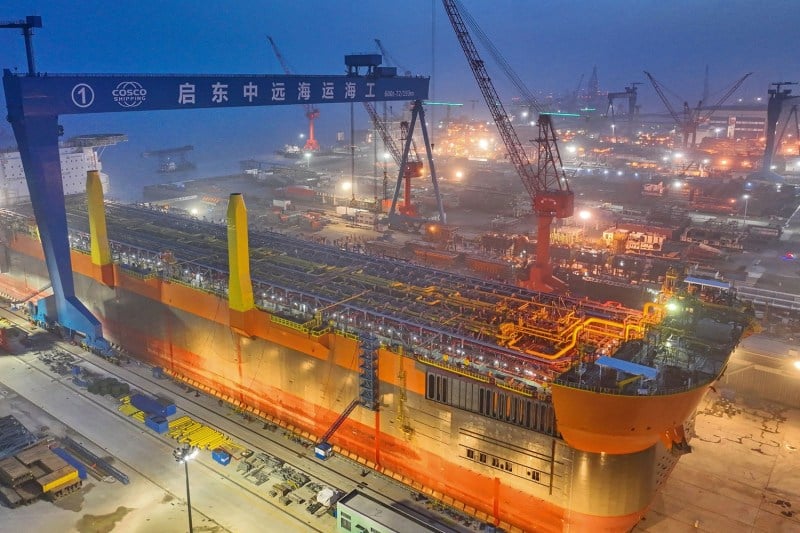
Forget About Chips—China Is Coming for Ships
Beijing’s grab for hegemony in a critical sector follows a familiar playbook.

‘The Regime’ Misunderstands Autocracy
HBO’s new miniseries displays an undeniably American nonchalance toward power.
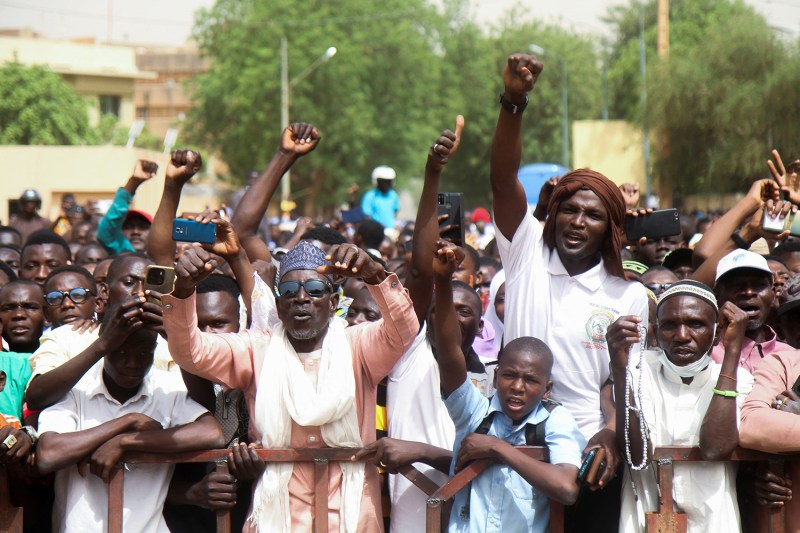
Washington’s Failed Africa Policy Needs a Reset
Instead of trying to put out security fires, U.S. policy should focus on governance and growth.



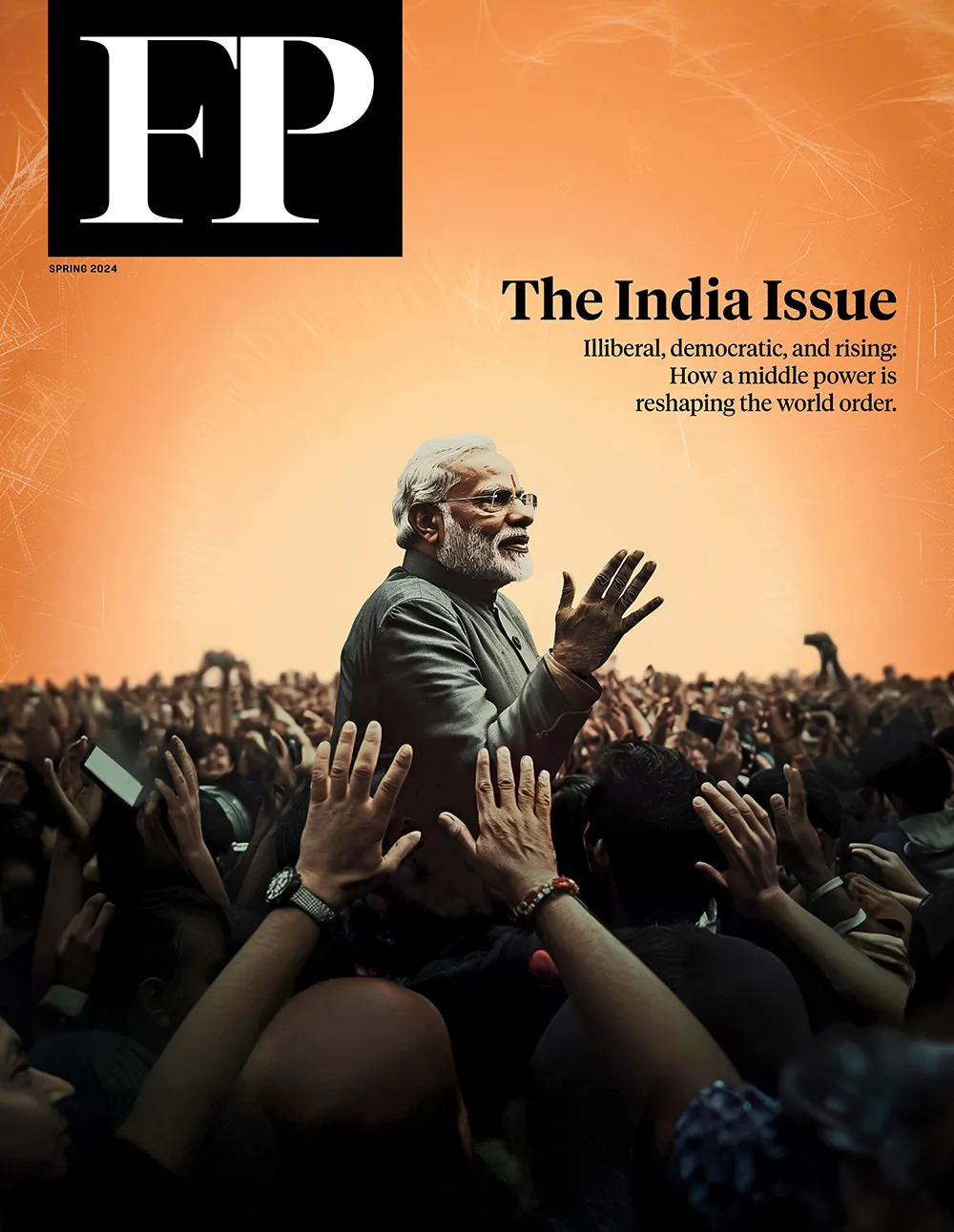
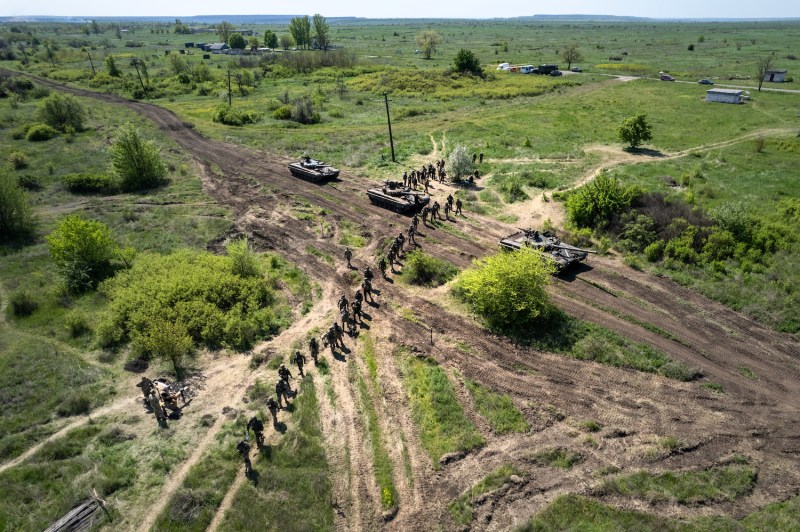
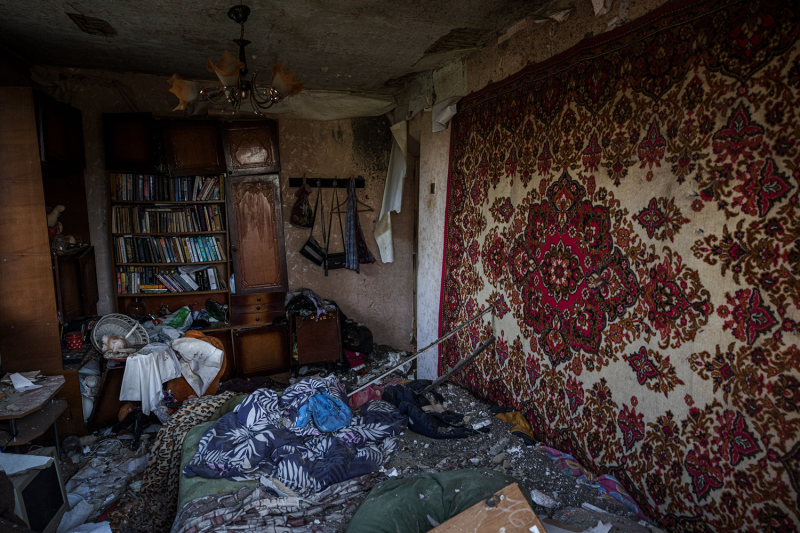
Join the Conversation
Commenting on this and other recent articles is just one benefit of a Foreign Policy subscription.
Already a subscriber? .
Subscribe Subscribe
View Comments
Join the Conversation
Join the conversation on this and other recent Foreign Policy articles when you subscribe now.
Subscribe Subscribe
Not your account?
View Comments
Join the Conversation
Please follow our comment guidelines, stay on topic, and be civil, courteous, and respectful of others’ beliefs.